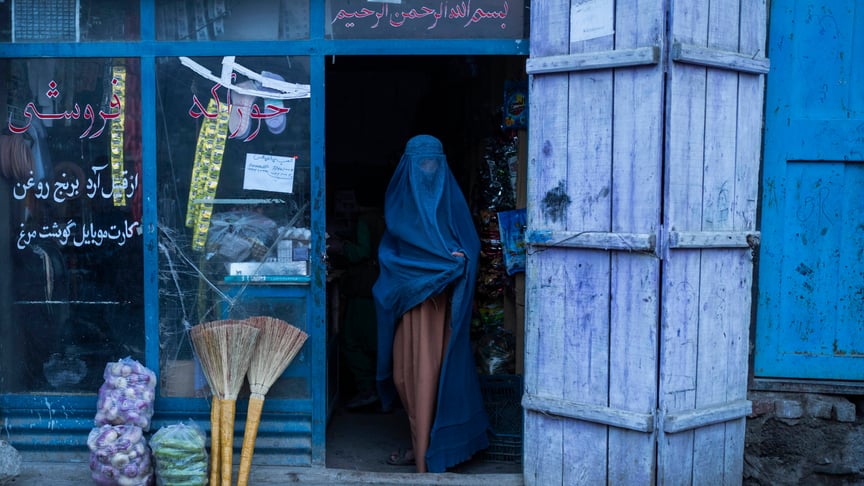The Taliban has banned windows that face areas where women typically gather.

This is discussed in the decree announced by the Taliban spokesman Zabihullah Mujahid, as quoted by France 24.
The document states that new buildings must not have windows that allow visibility into the yard, kitchen, neighbor's well, and other areas typically used by women.
“Seeing women working in kitchens, in yards, or gathering water from wells may lead to indecent actions,” the decree states.
Authorities and other responsible departments will need to oversee construction sites to ensure that windows do not provide a view into neighboring homes.
If such windows already exist, owners must board them up or construct a wall.
The Status of Women in Afghanistan
The UN reports that it has been documenting discriminatory decrees and measures against women in Afghanistan since August 2021, following the rise to power of the radical group "Taliban."
For instance, in September 2021, secondary education for girls was suspended in Afghanistan. UNAMA (the United Nations Assistance Mission in Afghanistan) notes that although the "Taliban" promised to allow secondary education for girls after aligning the curriculum with Islamic values and cultural norms, no progress has been made in this area.
Furthermore, in December 2022, the Ministry of Higher Education of the country suspended women's education at universities. The UN explains that denying access to education can adversely affect women's physical and mental health and lead to domestic violence.
Moreover, in Afghanistan, women's rights to travel or work outside their homes and access public places have been restricted. Additionally, women have been excluded from all levels of government decision-making.
The UN adds that as of 2023, 13.8 million Afghan women and girls were in need of humanitarian assistance.